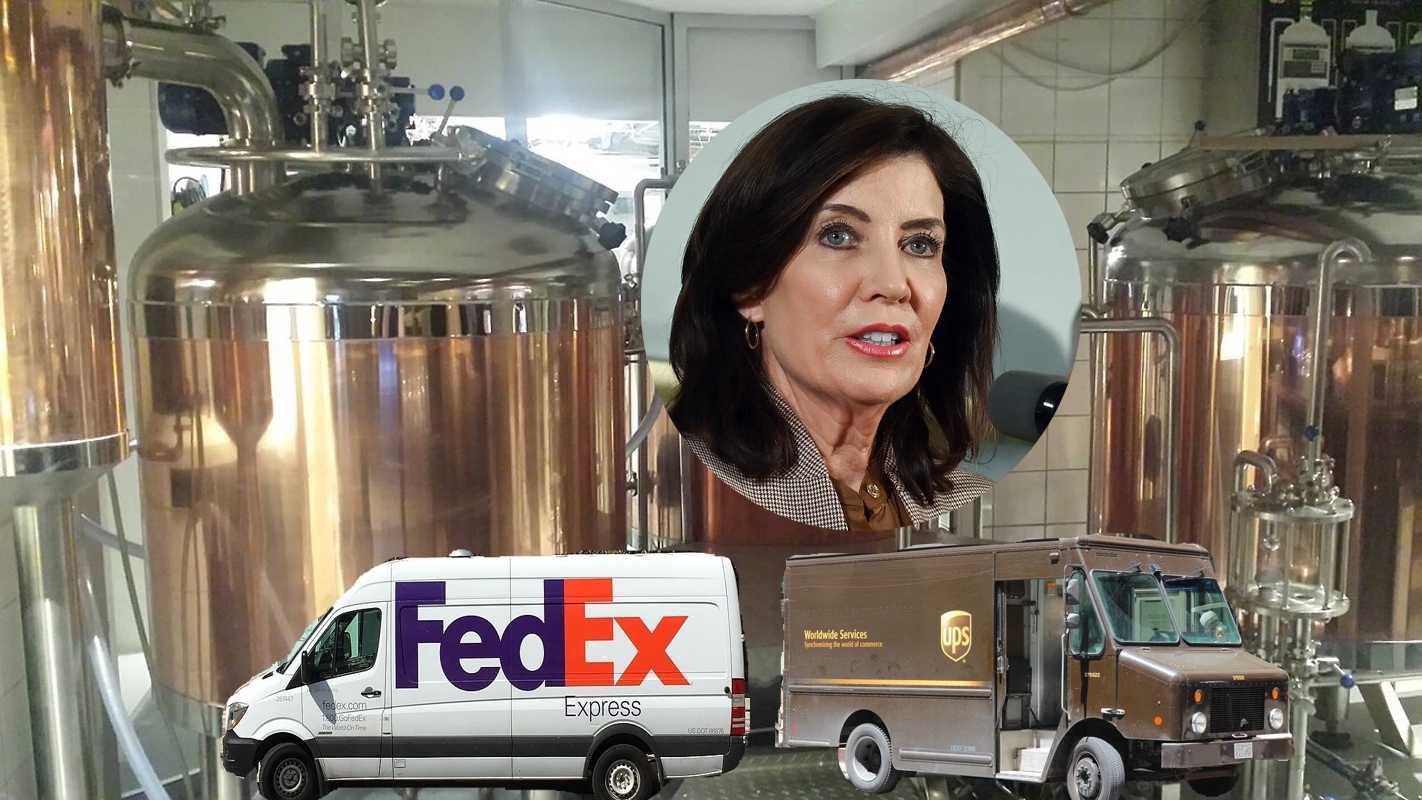Small distillers across New York State are rejoicing over the recent legislative approval of a measure that would allow them to ship their products directly to consumers. This privilege, long enjoyed by New York wineries, promises to open new sales channels for distilleries, cideries, and meaderies. However, the bill’s future hinges on the signature of Governor Kathy Hochul, who has yet to decide its fate.
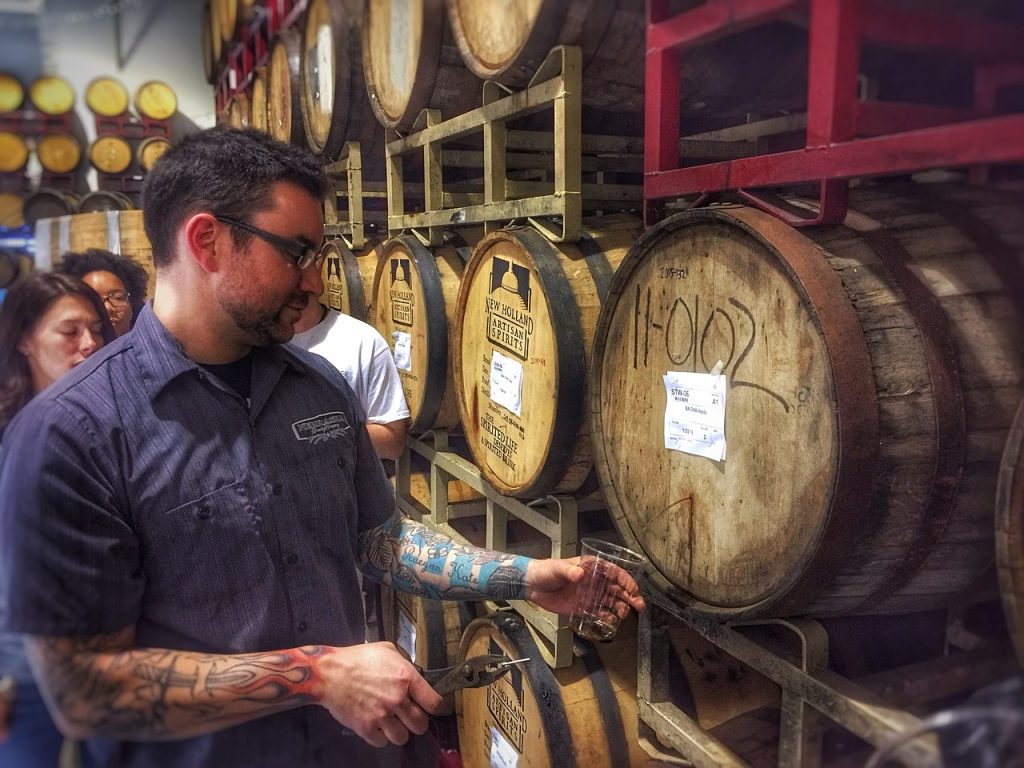
The bill faced significant opposition from large liquor distributors and retailers, casting doubt on whether it will become law. Despite this, Brian Facquet, president of the state Distillers Guild, praised lawmakers for supporting small businesses and logical policy-making. Facquet leads a group of approximately 100 members, including small craft distilleries and farm-based cideries.
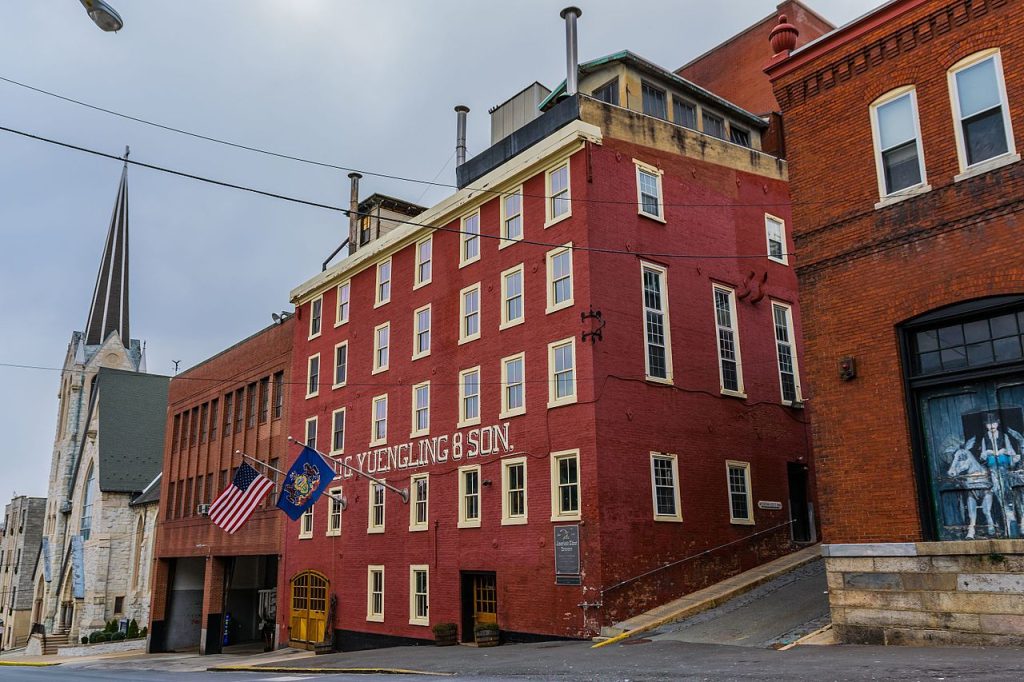
Small distilleries would gain the ability to ship liquor, hard cider, or mead directly to consumers, a privilege that could enhance their business resilience. Wineries, particularly those in the Finger Lakes region, have thrived under similar direct-to-consumer laws, especially during the COVID-19 pandemic.
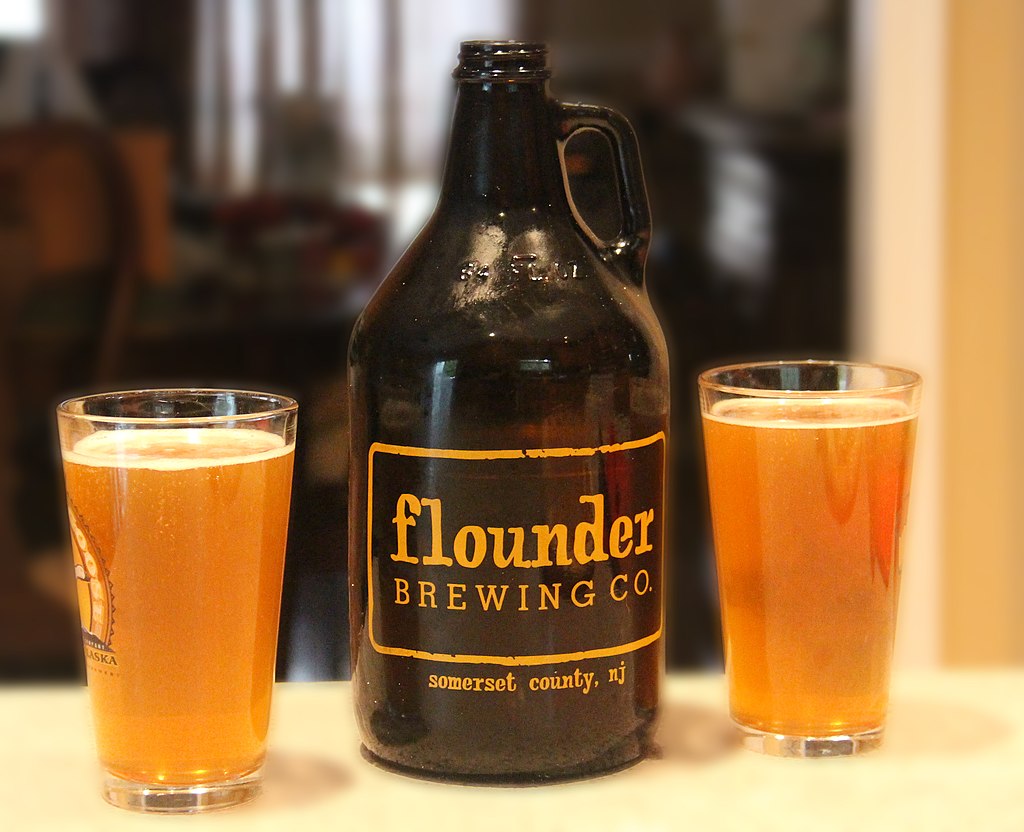
A recent poll of Distillers Guild members revealed that half of the respondents doubted their ability to stay in business by the end of 2025 without regulatory or economic changes. Direct-to-consumer sales topped their list of desired reforms, underscoring the importance of this legislative victory.
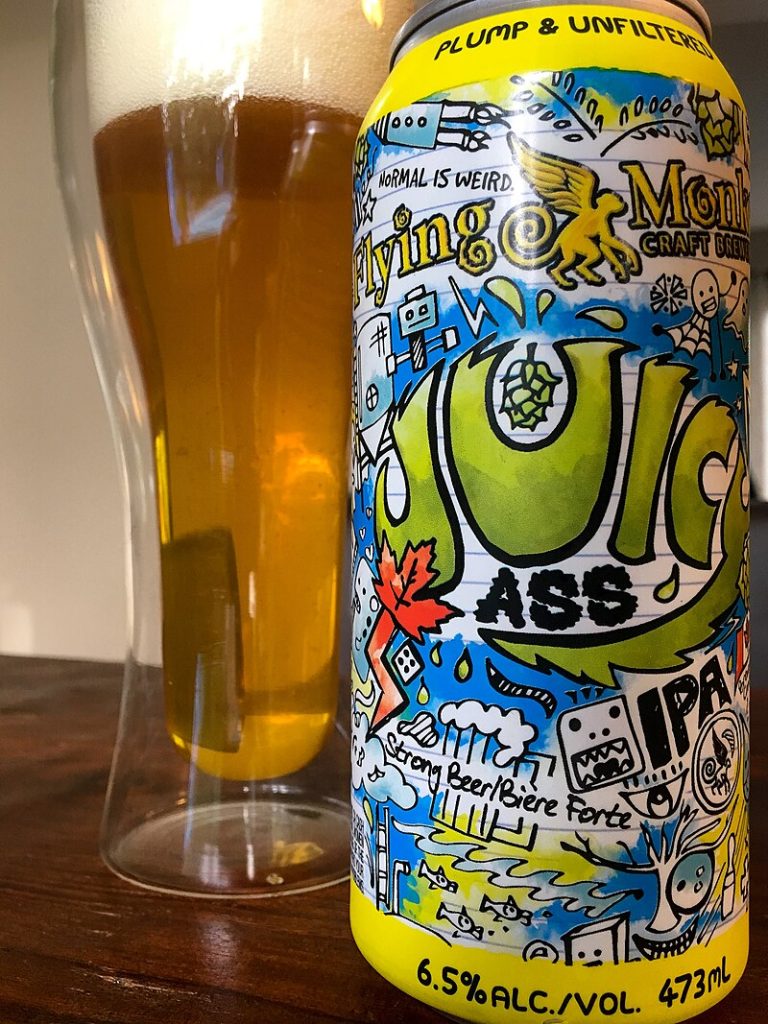
The shift towards online purchases has heightened consumer expectations for direct product availability. Assembly member Donna Lupardo, who co-sponsored the bill with Senator James Skoufis, highlighted the public’s growing demand for online shopping options akin to those for wine purchases. The bill would enable New Yorkers to order distilled alcoholic products for delivery via carriers like UPS or FedEx.
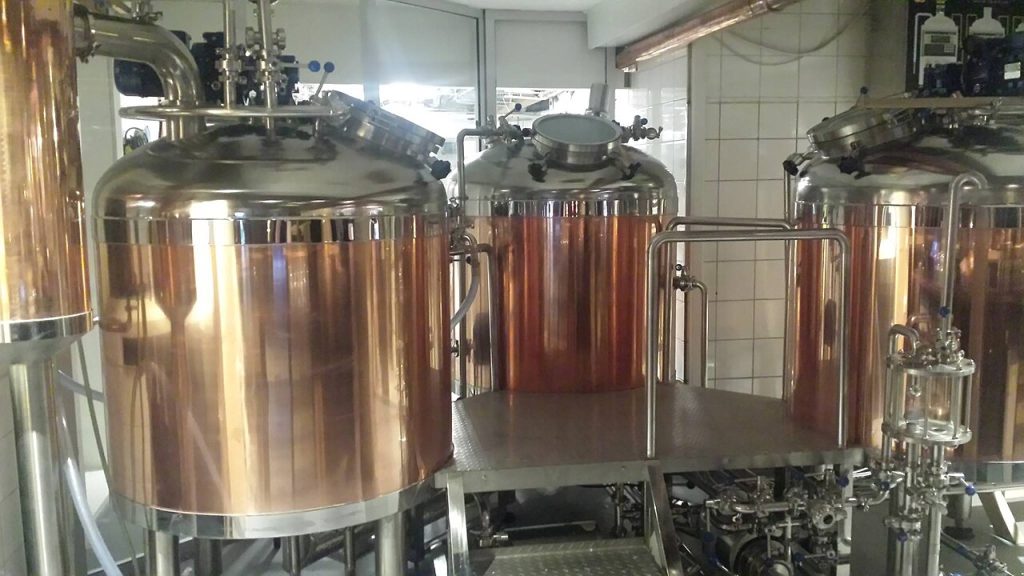
The law would permit shipments to states with reciprocity agreements with New York, expanding the potential market for small distillers. However, only distilleries producing 75,000 gallons or fewer per year would qualify, a threshold that most small New York distilleries already fall well below. These states include: AK, CO, DC, GA, IL, IN, IA, KY, MA, MI, MN, MO, NE, NH, NC, ND, OH, OK, PA, TN, TX, UT, VA, WA, WV, WI, WY.
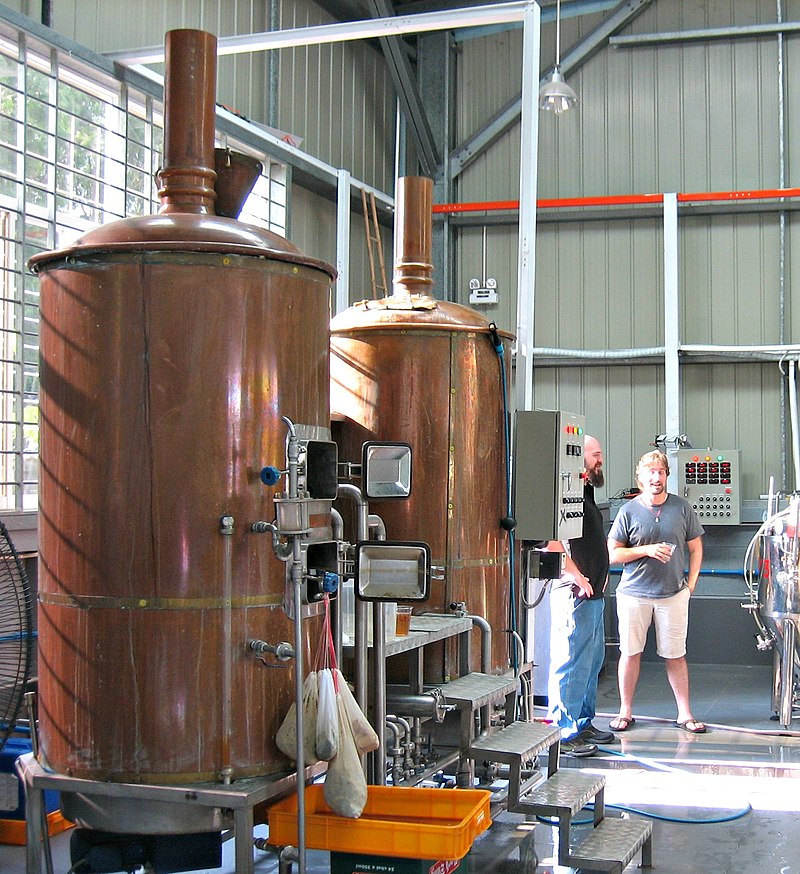
Small distillers often struggle to secure distributor partnerships due to their limited production volumes. This legislation could provide a critical sales lifeline, especially for distilleries in rural or tourist areas. Currently, visitors to these areas must carry purchases home, unlike winery visitors who can have their buys shipped.
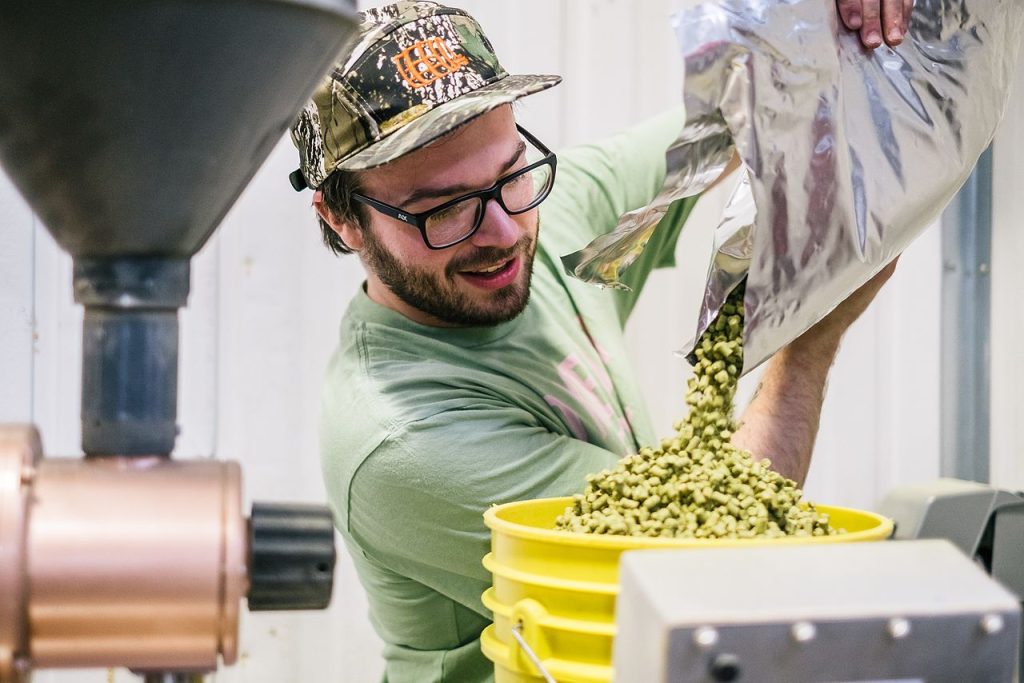
The New York Farm Bureau, recognizing the potential benefits for rural distilleries, also supported the bill. The organization emphasized that direct shipping would elevate New York’s farm beverage industry by facilitating broader consumer access.

Despite the potential benefits, the bill faced staunch opposition from liquor stores and large distributors. Groups like the Metropolitan Package Association and the state Liquor Store Association launched intense lobbying efforts against the bill, fearing it would harm their businesses.
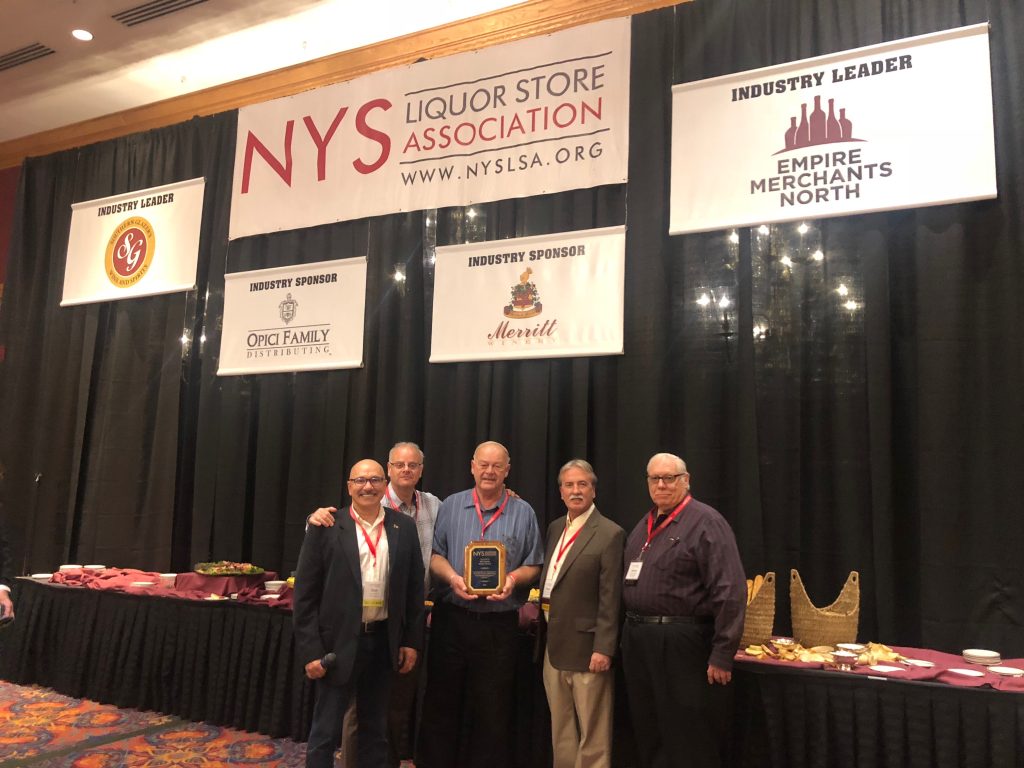
Critics argued that the measure could lead to job losses and store closures. There were also concerns that large multinational liquor producers might exploit the law to dominate the market, possibly by acquiring smaller distilleries.
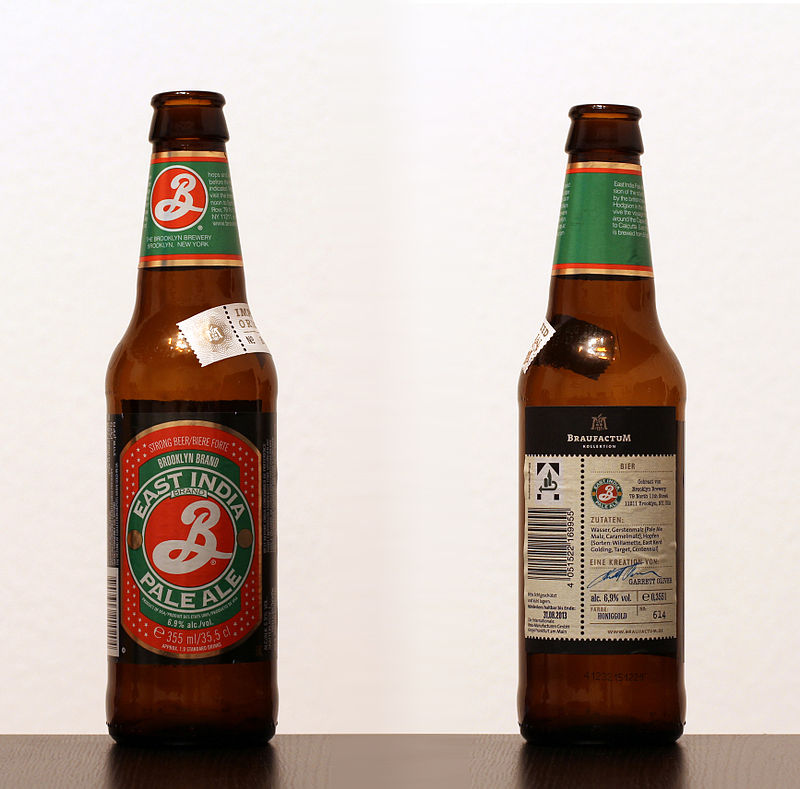
Small cideries and distilleries mainly cater to niche markets, relying on tourism and tasting rooms, and do not compete directly with retail liquor stores. The Governor still needs to sign the legislation, will small business win or will the entrenched big players kill the bill, time will tell.

